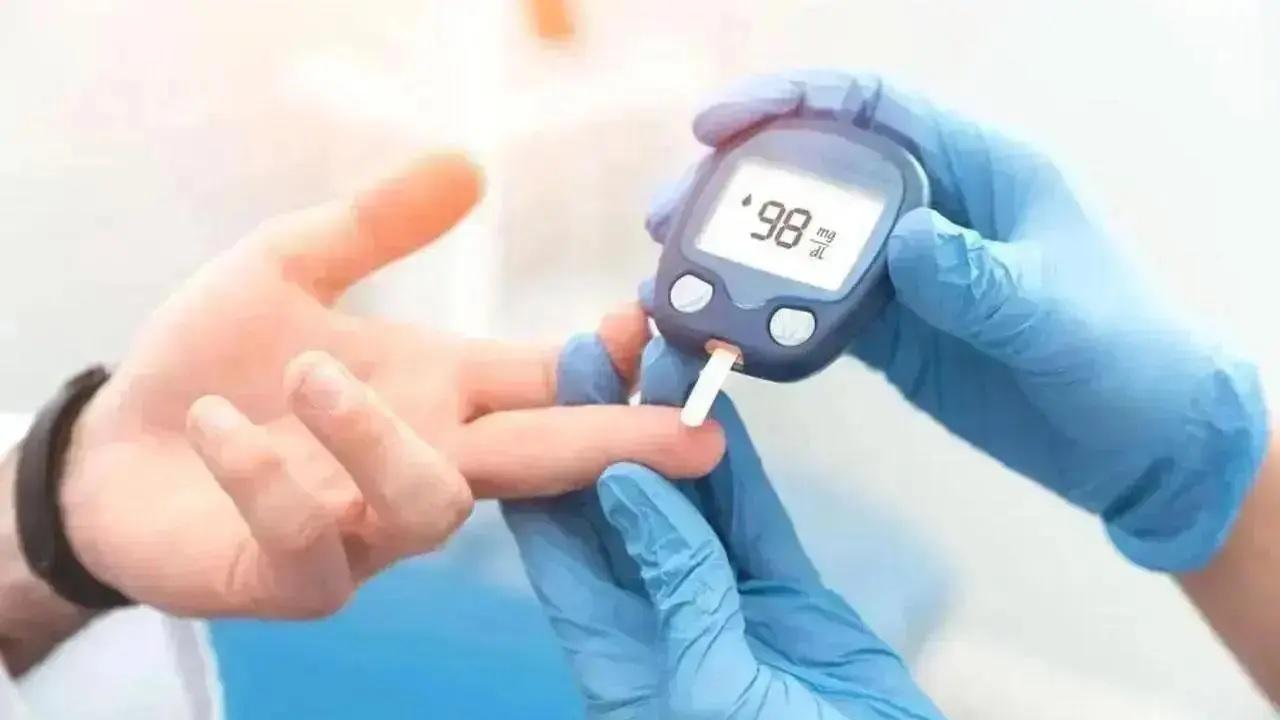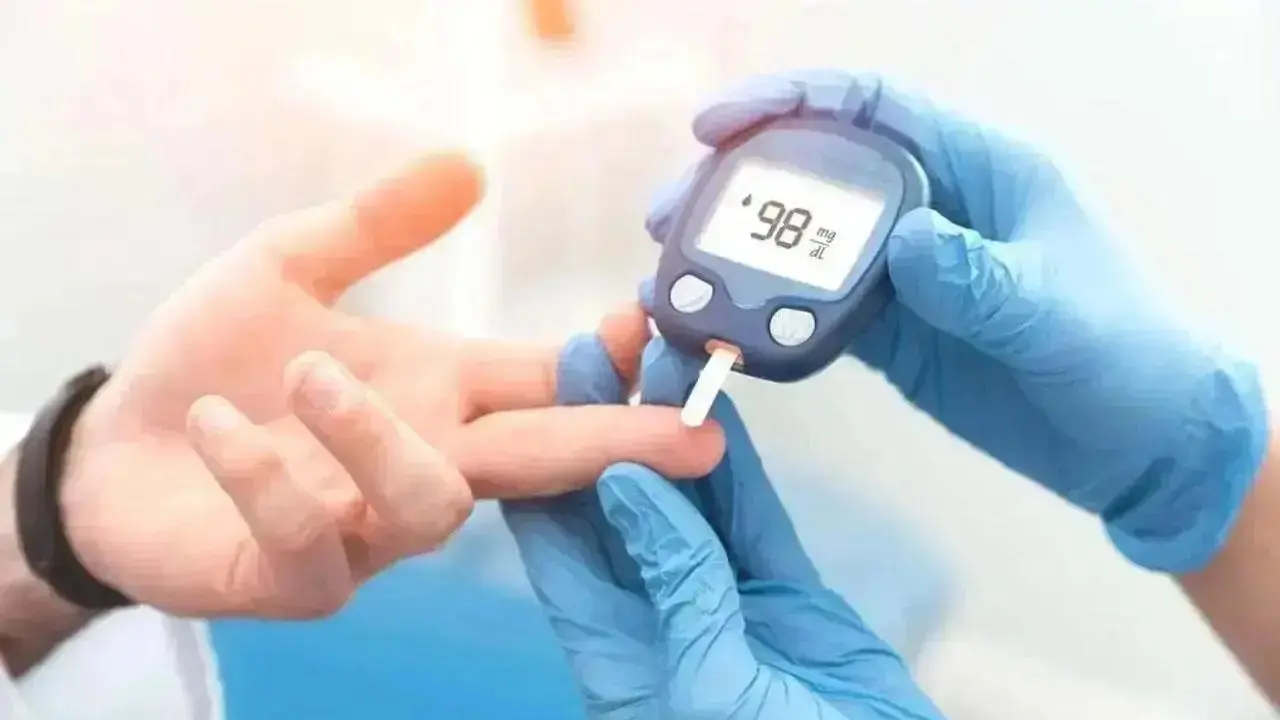More than 77 million Indians above the age of 18 are currently living with type 2 diabetes, while another 25 million are prediabetic, according to the World Health Organization. Alarmingly, nearly half of all diabetics in India are unaware of their condition—making diabetes one of the country’s most pervasive yet underdiagnosed health threats.
On World Diabetes Day, observed annually on November 14, mid-day spoke to Dr Pranav Ghody, Consultant Endocrinologist & Diabetologist at Wockhardt Hospitals, Mumbai Central, and Dr Vijay Negalur, HoD – Diabetology at KIMS Hospitals, Thane. They explain why diabetes is known as a “silent killer” and what India must do to prevent and manage it more effectively.
What is the difference between Type 1, Type 2, and gestational diabetes?
Dr Ghody:
“Type 1 diabetes is an autoimmune condition where the body destroys insulin-producing cells. It usually starts young, but adults can develop it too. Type 2 diabetes is mostly lifestyle-driven — the body makes insulin but doesn’t use it effectively. Gestational diabetes develops during pregnancy and usually resolves after delivery, but it significantly increases the risk of Type 2 diabetes later for both mother and child.”
Dr Negalur:
“Think of it this way:
Type 1: the body stops making insulin, mostly in childhood.
Type 2: the body resists insulin — the most common form today.
Gestational: develops due to hormonal shifts in pregnancy and needs careful monitoring because of future risks.”
Why is India called the ‘diabetes capital of the world’?
Dr Ghody:
“India earns that title because over 100 million people live with diabetes. Genetics, urban diets, chronic stress, lack of exercise, and poor sleep are major contributors. We need widespread awareness, early screening, and timely intervention.”
Dr Negalur:
“It’s a perfect storm — genetic susceptibility, rapid urbanisation, dietary changes, and low physical activity. Indians develop diabetes at younger ages and even at lower body weight. We must move from reactive care to preventive care.”
How do urban vs rural lifestyles affect diabetes risk?
Dr Ghody:
“Sedentary work, processed food, and constant stress put urban populations at higher risk. But diabetes is no longer an ‘urban’ disease — rural India is catching up as traditional diets and physical activity decline.”
Dr Negalur:
“Urban life means long work hours, processed meals, and minimal movement. With mechanisation and packaged foods entering villages, rural India is now facing the same risks.”
Are younger Indians increasingly being diagnosed with diabetes?
Dr Ghody:
“Yes — Type 2 diabetes is now showing up in people in their early 20s. Sedentary habits, junk food, screen addiction, and disrupted sleep are the main triggers.”
Dr Negalur:
“Absolutely. Obesity, poor diets, and lack of activity mean children and young adults are developing diabetes a decade earlier than before.”
How effective are alternative or herbal remedies promoted online?
Dr Ghody:
“Most lack solid scientific evidence. Natural foods can support health, but replacing prescribed medicines with unverified remedies can be dangerous. Always consult a qualified specialist.”
Dr Negalur:
“Some herbs may help, but none replace evidence-based medical care. The real danger is when people stop their prescribed treatment. Integrative care — diet, exercise, and medication together — works best.”
Has the nature of diabetes changed over time?
Dr Ghody:
“Yes. We’re seeing earlier onset, more obesity-linked cases, and faster progression to complications. Diabetes today behaves more aggressively than it did two decades ago.”
Dr Negalur:
“We’re seeing more cases of ‘double diabetes’ — where Type 2 patients develop autoimmune tendencies. Heart, kidney, and nerve complications are also appearing much earlier.”
What improvements are needed in India’s healthcare system to tackle diabetes?
Dr Ghody:
“We need robust screening programs at the primary care level, stronger patient education, and better access to diabetes care beyond metros. Prevention must be part of national health campaigns.”
Dr Negalur:
“Organised diabetes education at the community level, screening at schools and workplaces, and access to affordable insulin and diagnostics are critical. Diabetes needs to be treated as a national priority.”











